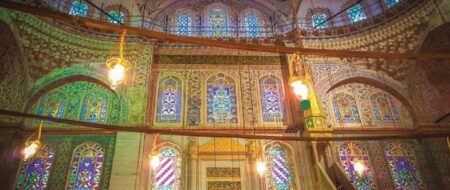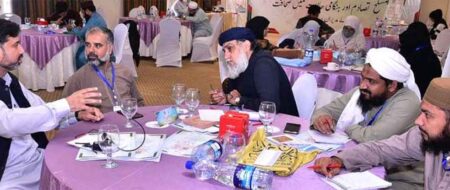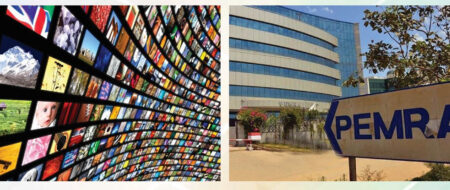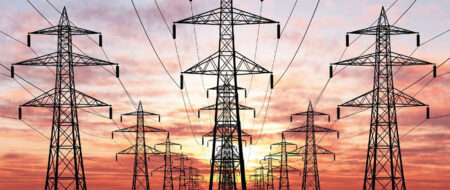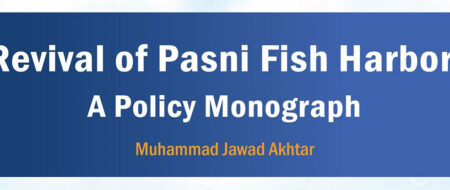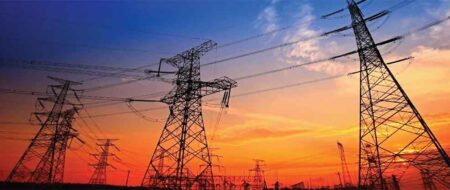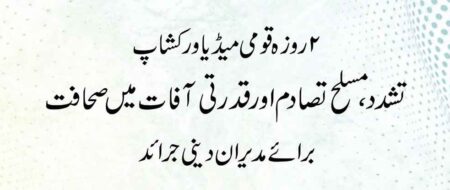Religious Educational Institutions: Trends and Views of Madrassa about its Role and Working
The
paperback edition of IPS report ‘Religious Educational Institutions: Trends and Views of
Madrassa about its Role and Working‘ is now available at Amazon
store for purchase worldwide.
The work highlights that the significance of Madrassa as a religious educational institution as well as the provider of religious and social leadership in Pakistani society cannot be denied. In Pakistan, Madrassas are working with the support of society and without any direct patronage of the government. Thus, what a Madrassa is and how does it function? What are the determinants of the Madrassa enrollment? What is being taught there and what the students do in Madrassa as well as after completing the education? What is the spread and influence of this institution in Pakistani society? and other similar questions, which though are not new, continue to be raised and found in the academic and media discourses. In order to get answers of such questions, IPS conducted a statistical study which was spread over 10 districts (49 Madaris) of Islamabad, KP and Northern Punjab and designed to know and discern the current scenario and changing trends. It comprises the findings based on the responses of the students and heads of the institutions along with a couple of observations collected from the interviewers’ report. A total of 7 IDIs (In-Depth Interviews) were also conducted, which have been included separately in this report. Overall, the report highlights the trends and views of Madaris over its role and working in a society. Prepared by Executive President IPS Khalid Rahman and the Institute’s research team members Muhammad Wali Farooqi and Tauqeer Hussain, the report overall highlights the trends and views of Madaris over its role and working in a society.



